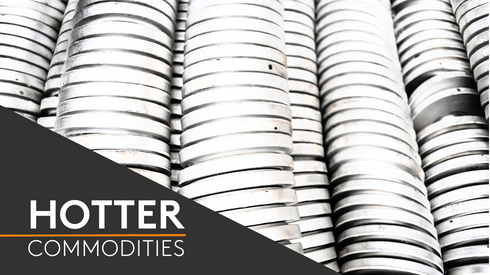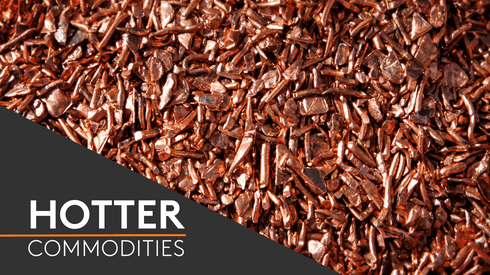Sources estimated the affected capacity to be around 500,000 tonnes per year, but added they were concerned that this could increase in the future.
“Right now, [it is] just a 10% cut but the scale of this could expand, and the cuts are estimated to last long – [possibly] until next year,” an industry source familiar with the matter said.
“I heard the cuts could be increased to 20% later on, and the initial plan is to ration power until May next year,” a source in Yunnan said.
The hydropower-reliant region is famed for being China’s aluminium hub. Total aluminium capacity currently in operation in the southwestern province is roughly 5 million tonnes per year, accounting for more than 10% of the country’s total capacity.
Market sources said that the cuts would not immediately squeeze aluminium supply in the country, but any impact would intensify should authorities require further reductions in output and if the power situation worsens in the coming dry season.
Sources also noted that it can take months for aluminium production lines to resume operating once they have been halted.
The most-traded aluminium contract on the Shanghai Futures Exchange closed at 18,965 yuan ($2,724) per tonne on Friday, up by 1.9% from 18,605 yuan per tonne a day earlier and 4.7% higher than the close of 18,110 yuan per tonne on September 2.
Light metal prices on the SHFE started to gain traction at the end of last week, when market participants first began to speak of the power cuts.
The duration of the production cuts has not been officially disclosed yet, but market sources believe it will depend on weather conditions in the hydropower-reliant region.
Although nationwide power cuts have not reoccurred this year, the once-in-decades drought along with the traditional dry season from September has put additional strain to the hydropower-reliant region recently.
In mid-August, the neighboring province of Sichuan halted all the local industrial activities as a result of heatwaves snarling hydropower supplies.
The stoppage in Sichuan throughout the second half of August resulted in an estimated loss of 7,300 tonnes of aluminium production, according to market sources. Aluminium smelters in Sichuan province are still in the process of resuming production given the typical time it takes smelters to restart, while other producers are already back online.
“There could be a small imbalance for aluminium smelters there as they normally take longer time [than others] to restart,” a Shanghai-based trader said. “And [the] Aba [aluminium smelter in Sichuan] might not even be permitted to restart any time soon since it was shut due to an explosion [in August].”
Additionally, a spike in demand for electricity has also compounded the tightness in local power supply in Yunnan. Aluminium smelters – with aggregate capacity for more than 3 million tonnes per year there – have been restarting furnaces following the massive power cuts last year, and more capacity is being shifted from northern China to Yunnan due to the latter region’s cleaner energy.
Aluminium has been nicknamed “congealed electricity” because the production of one tonne of the metal roughly requires the same amount of electricity usage by an average US household in a year.





